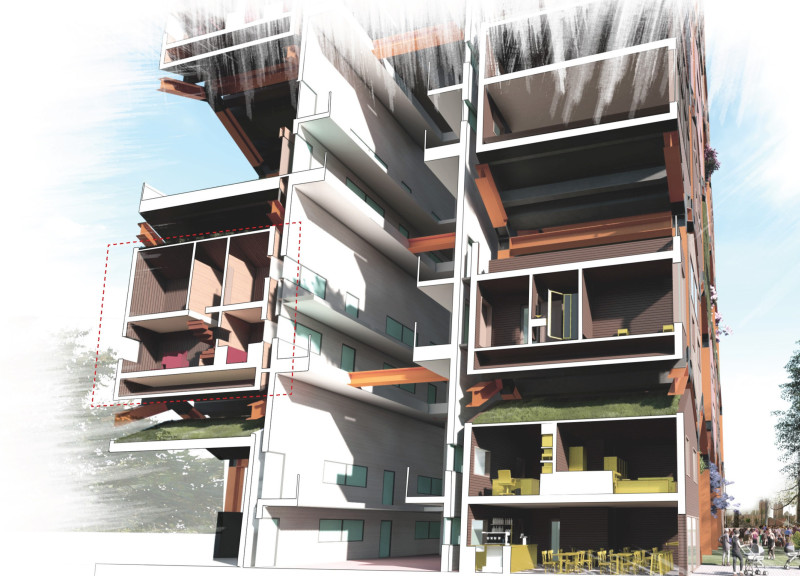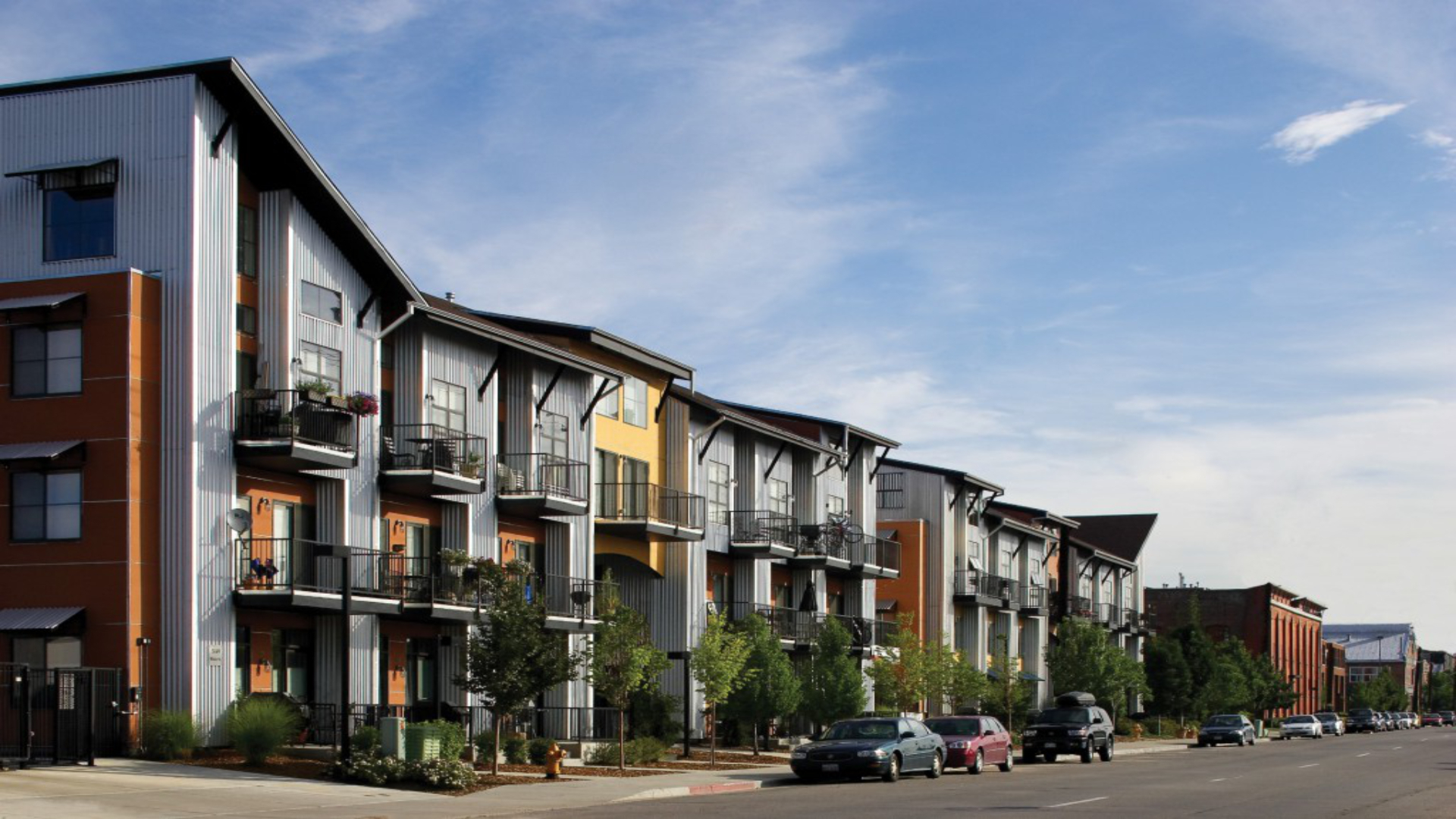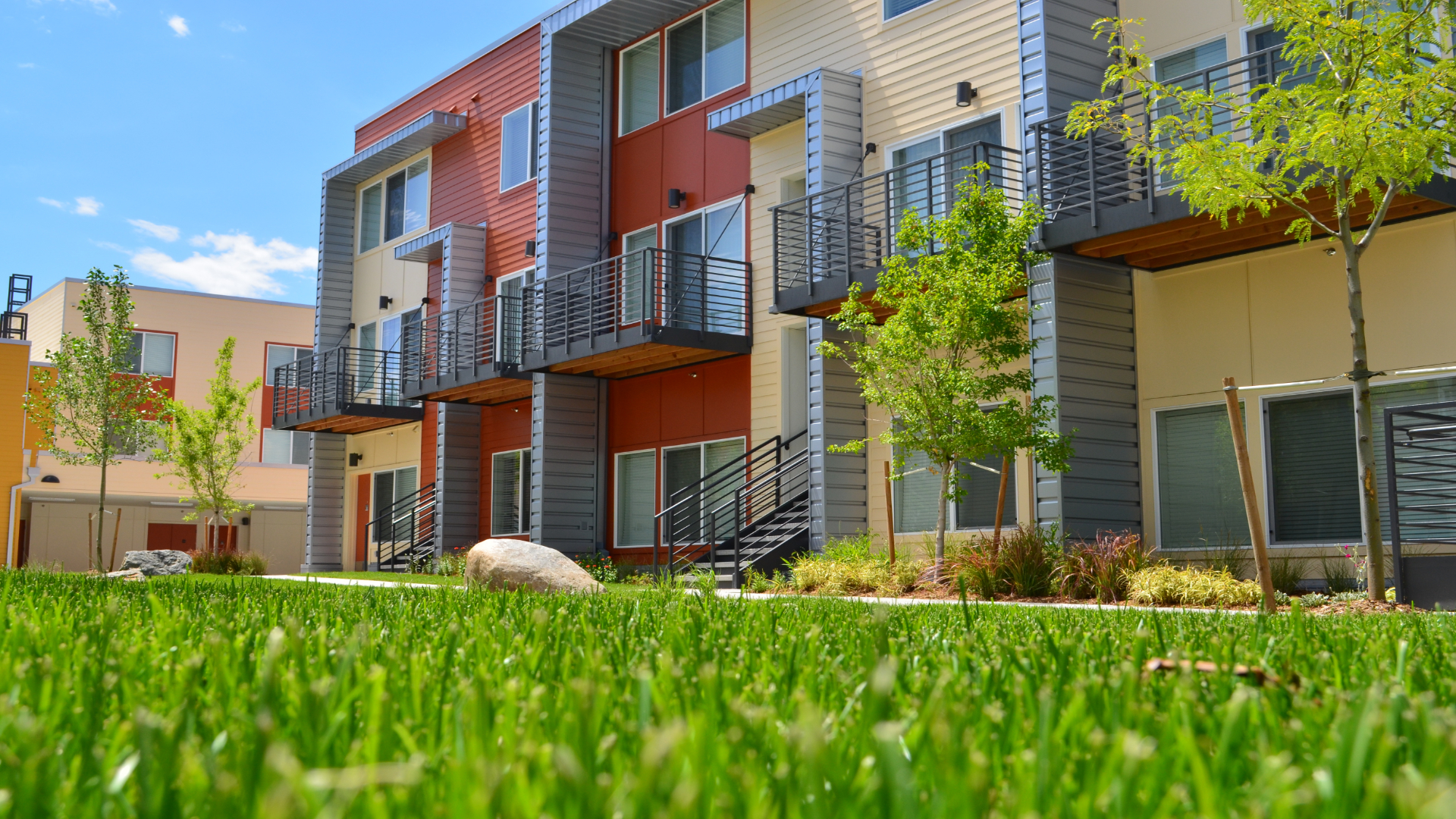5 key facts about this project
The B.Y.O.B. project presents a contemporary approach to urban housing with a strong emphasis on modular design and sustainability. Situated in Pants, a community focused on innovative urban planning, this architectural project encourages customization and adaptability within residential spaces. The design effectively addresses the complexities of urban living by providing residents the ability to personalize their environments while fostering communal interaction.
Modular layouts form the core of the B.Y.O.B. design. Each unit is constructed using prefabricated panels, allowing for efficient assembly and disassembly. This modular approach not only optimizes construction timelines but also addresses the demand for flexible housing solutions that can evolve with the needs of its inhabitants. The integration of green roofs and communal gardens within the architectural scheme highlights a commitment to sustainability and biodiversity, setting a new standard for urban residential projects.
Unique Design Approaches
The B.Y.O.B. project incorporates innovative design strategies that distinguish it within the realm of urban architecture. Its layered configuration features a series of stacked units, creating open terraces that facilitate light and air circulation. This approach enhances the building's aesthetic appeal while maximizing usable outdoor space for residents. Additionally, the use of recycled steel frames and sustainably sourced wood contributes to the project's environmental credentials. The inclusion of smart technology options further advances the project’s forward-thinking methodology, offering capabilities that improve energy efficiency and user comfort.
Community-centric Spaces
The spatial arrangement of the B.Y.O.B. project reflects an understanding of the importance of community. Mixed-use areas are interspersed throughout the development, promoting social interaction among residents. These spaces, which include communal gardens and shared facilities, foster a sense of belonging and connectivity that is often lacking in traditional urban housing projects. By integrating these community-centric elements, the design not only serves individual housing needs but also encourages the development of strong neighborhood ties.
For a comprehensive understanding of the B.Y.O.B. project and its architectural significance, explore the architectural plans, architectural sections, and architectural designs presented. This examination will provide deeper insights into the thoughtful integration of functionality and community-oriented design principles that characterize this innovative project.























































